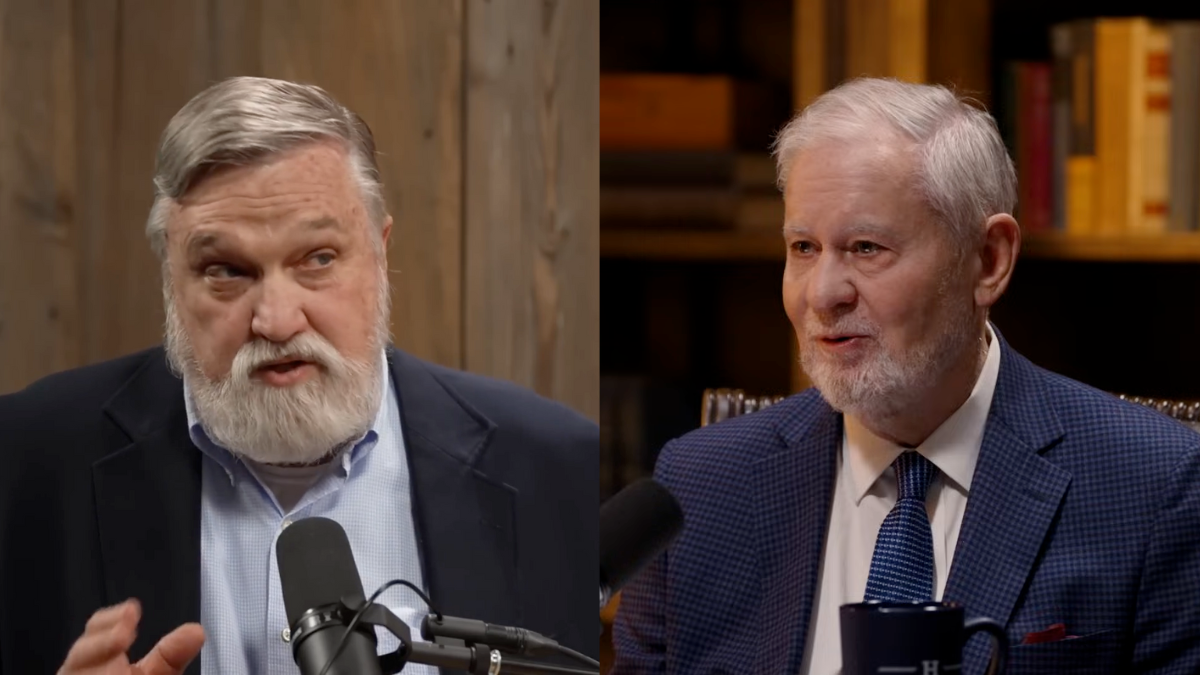A recent exchange between Douglas Wilson and Hillsdale College President Larry Arnn has reignited discussions about the intersection of Christianity, morality, and government in the United States. Wilson's critique of Arnn's assertion that a Christian nation is impossible has sparked a broader dialogue about the founders' intentions regarding religious liberty and moral governance.
Explainer As A Former DC Cop, The Federal Takeover Was The Right Move
In his statement, Arnn emphasized that America is the most Christian nation because it recognizes the principle of religious liberty. He stated, "Laws that compel belief are what led to centuries of religious persecution and warfare in so-called Christian Europe." This perspective aligns with the views of many founders who believed in the importance of religious freedom as a cornerstone of American democracy.
Wilson, however, argues that all valid moral judgments require a transcendent authority, which he claims can only be grounded in the nature of God. He contends that without this foundation, moral judgments become subjective. Wilson stated, "If you affirm an independent authority of moral judgment, you need to be ready to give us His name."
Critics of Wilson's position argue that his interpretation diverges from the founders' understanding of natural law. They assert that the founders believed in a moral order accessible to all rational beings, regardless of religious belief. This perspective suggests that moral truths can be discerned through human nature and reason, as articulated by philosophers like Aristotle.
The debate touches on the founders' expectations that a Christian populace would uphold moral values, while the government itself would remain neutral in matters of faith. Arnn's view reflects this understanding, positing that the government should not enforce religious belief but rather protect the freedom to practice it.
Wilson's insistence on a formal acknowledgment of Christ by the government raises concerns among some scholars. They fear that such a stance could lead to the kind of religious conflict that the founders sought to avoid. As one critic noted, demanding public officials to proclaim personal faith could undermine the principles of religious liberty that are foundational to American governance.
Glenn Ellmers, a Senior Fellow at The Claremont Institute, commented on the implications of Wilson's arguments, stating, "Demanding that public officials proclaim their personal faith in Christ is neither wise, nor moral, nor American, nor Christian." Ellmers emphasizes that the founders relied on the laws of nature and of nature's God as the basis for republican morality, accessible to all.
The discussion continues to evolve as both sides present their interpretations of the founders' intentions. Supporters of Wilson argue that a moral foundation rooted in Christianity is essential for a just society, while critics maintain that the founders envisioned a secular government that respects diverse beliefs.
As this dialogue unfolds, it highlights the ongoing tension between religious beliefs and the principles of governance in America. The founders' legacy remains a pivotal reference point in these discussions, as both sides seek to align their views with the historical context of the nation's founding principles.
Why it matters
- The exchange highlights a critical debate on the role of Christianity in American governance and its implications for religious liberty.
- Wilson's critique challenges the interpretation of the founders' intentions regarding morality and government, sparking broader discussions.
- The dialogue underscores the tension between subjective moral judgments and the founders' vision of a moral order accessible to all.
- Concerns arise that Wilson's views could lead to religious conflict, contradicting the founders' aim for a neutral government on faith matters.
What’s next
- Further discussions are expected at upcoming academic forums on religious liberty and governance.
- Potential legislative proposals may emerge addressing the intersection of faith and public office.
- Scholars are likely to publish responses to Wilson's arguments, shaping the ongoing debate.

